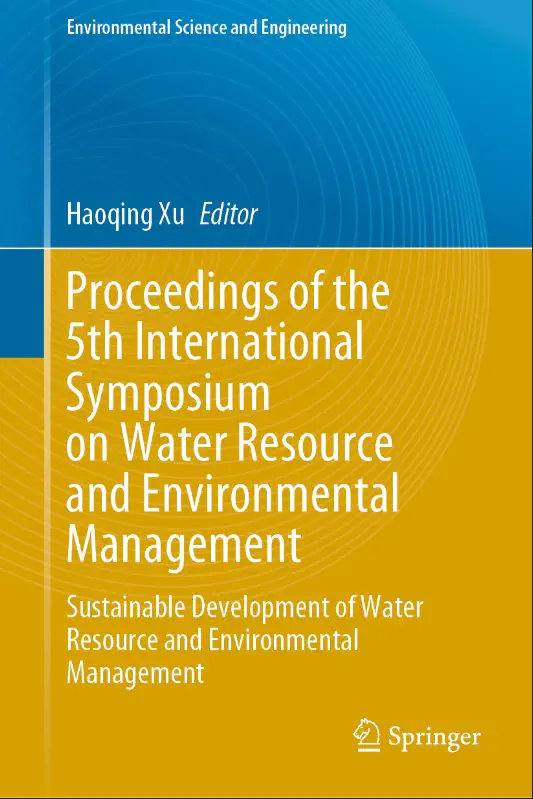Biodiversity associated to floating wetland islands

Abstract
Floating wetland islands (FWI) are nature-based solutions that can be applied in different water bodies, such lakes, ponds and rivers, considering a wide range of purposes. They have been considered for eutrophication abatement, wastewater treatment and ecosystem rehabilitation. They are of great value since their efficiency relies on bioremediation processes and are thus very versatile in terms of water depuration but also on biodiversity promotion. These systems comprise a floating platform, selected plants and an anchoring system. Depending on their configuration, they will attract and harbor different organisms such macrofauna and microorganisms, that will use the platform as shelter, habitat, stepping stone, nursery, food source among other benefits. The plant species are of particular interest since they are the living interface between the platform and the water body and they must be selected according to criteria that will enable their successful establishment having in consideration the biotic factors. The present paper intends to give an overview of the role of FWI towards their associated biodiversity and what has been identified in literature as the main groups that can be found and related to operational conditions. This approach can support future decisions concerning the FWI implementation conditions and components towards biodiversity enhancement.